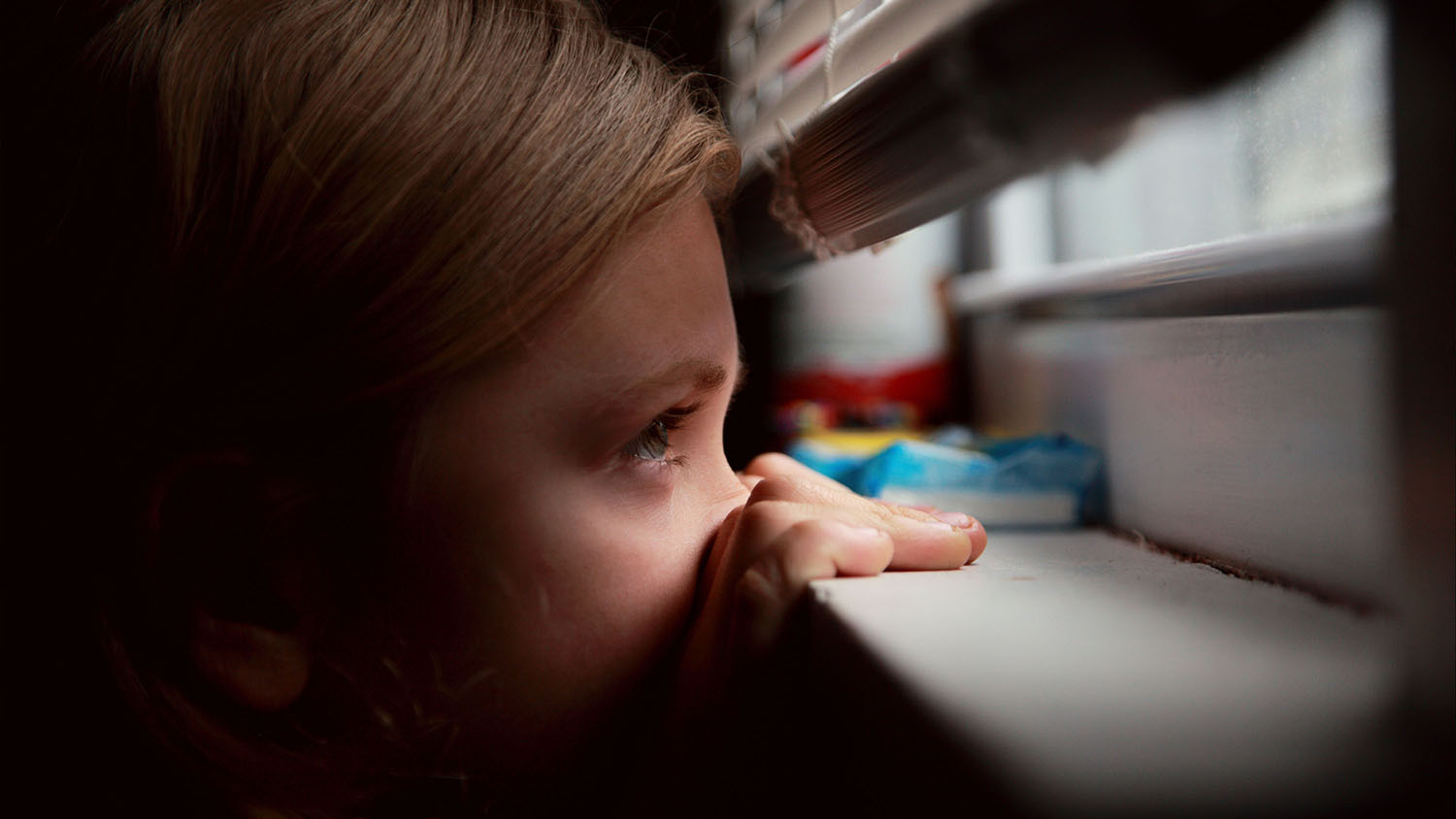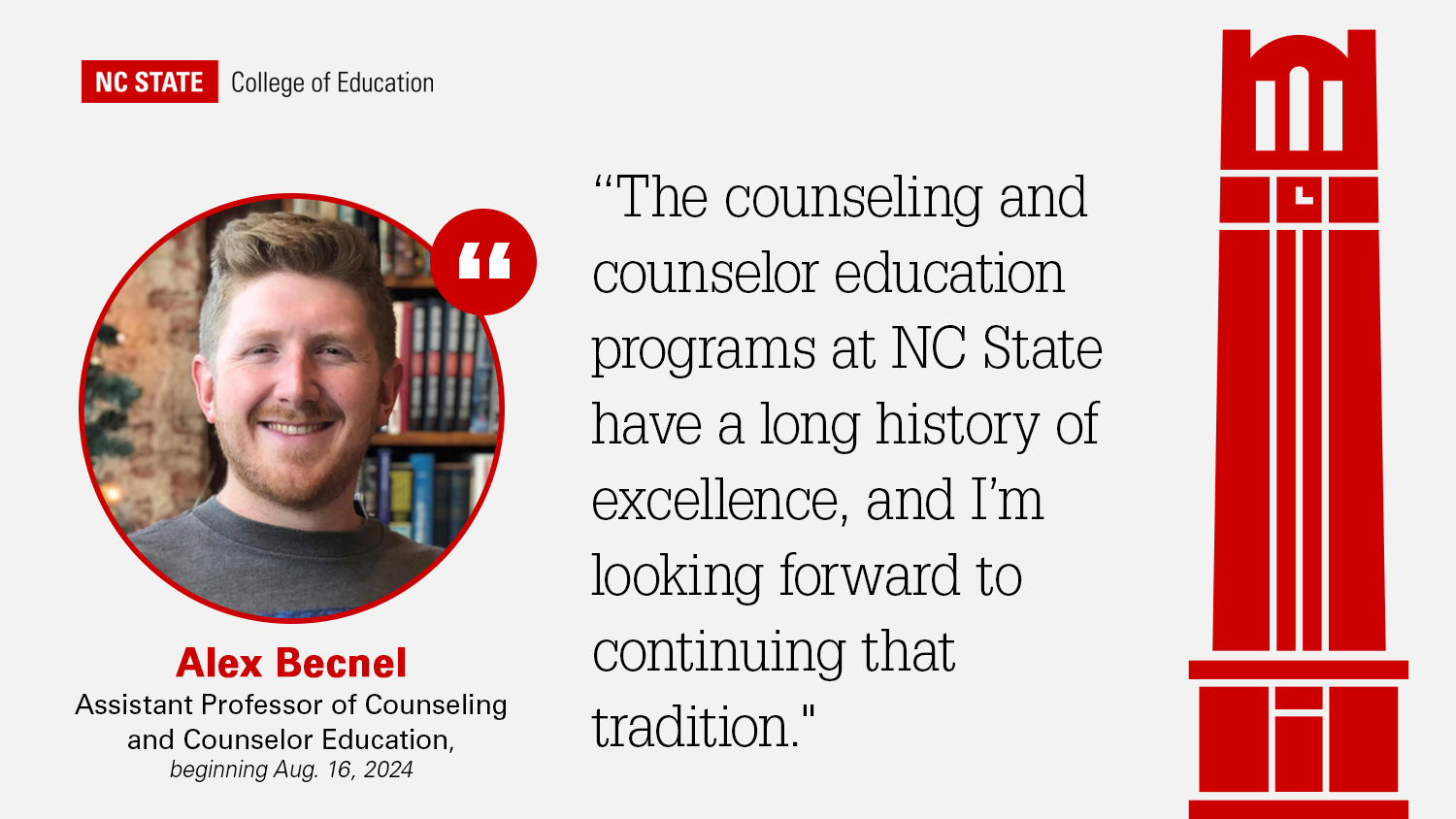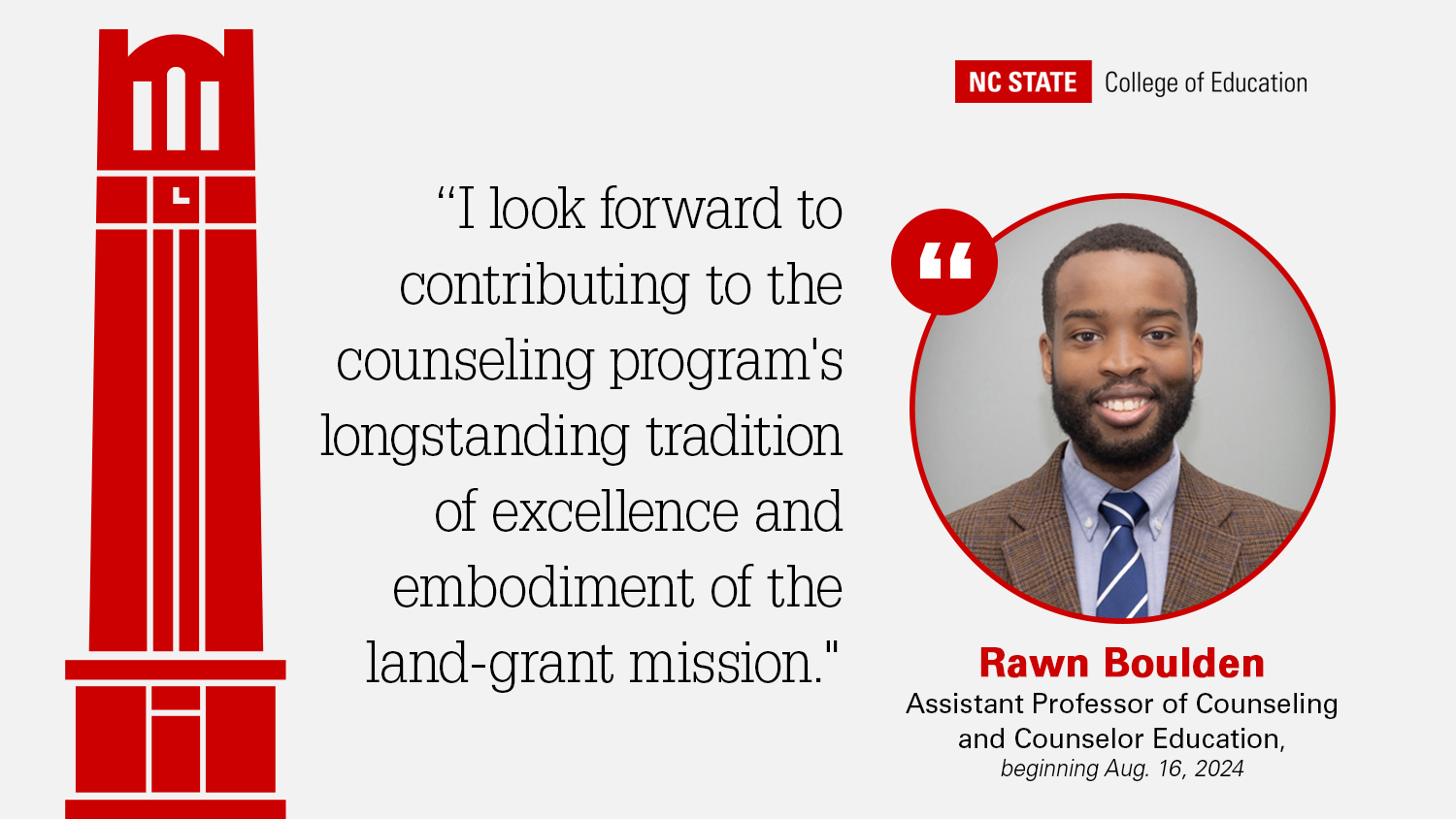Leading Through A Crisis: Former N.C. Superintendent for Public Instruction Michael Ward ’77BS, ’81MS, ’93EDD Shares Ways to Cope with Students’ Anxiety and Fear Amid COVID-19 Outbreak

Former North Carolina Superintendent for Public Instruction and current NC State College of Education Board Chair and Professor of Practice in Educational Leadership Michael Ward ’77BS, ’81MS, ’93EDD has served as a leader in the field of education for more than 40 years. During his career, he has dealt with a number of challenges and crises, including leading the state’s K-12 education system during Hurricane Floyd, the Columbine High School shooting and the 9/11 terrorist attacks.
Ward has also been a researcher and has advised educators and policymakers on lessons learned from disasters like Hurricanes Katrina and Florence. As a professor of education leadership, he has provided synchronous online courses since 2007.
He shares lessons learned and useful practices for leading during a crisis, including the current coronavirus (COVID-19) outbreak.
Coping with Students’ Anxiety and Fear
Restoration ASAP. “Restoration of normalcy as soon as possible. This is very important to the child’s well-being and it’s important to the child’s family.”
Physical and safety needs first. “I don’t know that I subscribe to everything Maslow wrote, but I surely agree that you have to attend to the physical and safety needs of students first. Make sure you don’t race too quickly past making sure kids are in a safe environment.”
Attend to social and emotional needs of students. “It’s important to deal with students’ social and emotional issues. How can you do that virtually? If a teacher’s interacting with a student, how can you best help them cope? Rely on the experts. There are some great resources available. The district will have good professional development resources available to teachers. Also, rely on counselors and mental health professionals who have this as their daily bread and butter and who are experts in this area.”
Train teachers as frontline responders dealing with the emotional needs of kids. “You need teachers as first line responders as well. So, they need some support. Make resources available that help the teachers, but also that help the kids and the parents who are stressed as well. Help teachers be the first-line, calm responders to these social and emotional needs of kids, and when they get back to school, be attuned to who the kids are, to the ones who have been most traumatized, and stick with them.”
Have counselors, mental health professionals and social workers ready to work with kids for the duration. “Be prepared for the long-haul. The manifestation of trauma unfolds over months and even years. With kids who are traumatized, some of the manifestations aren’t going to be visible to us immediately and some of those manifestations will unfold over time. We learned in Katrina and Florence that, without a sustained commitment of resources, the needs of kids will outlast the awareness and patience of adults. How are you staying attuned to those kids who were most impacted by the crisis? How will you be staying attuned months from now?”
READ MORE FROM THE LEADING THROUGH A CRISIS SERIES:
- Categories:


